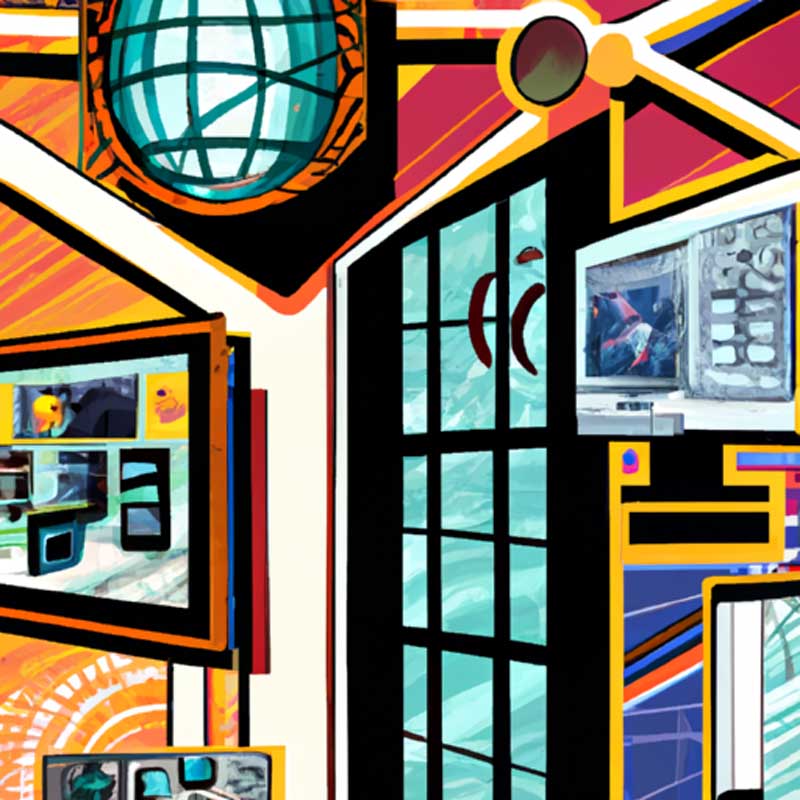• A multi-institutional Korean team has used artificial intelligence (AI) to accurately diagnose autism in children.
• The AI system was trained to recognize patterns in retinal images of children with autism, and was able to identify all cases of the disorder with no false positives in a sample of 958 children.
• The system also attempted to estimate where those diagnosed with autism fell on the spectrum, but accuracy rates for this task were lower (48% to 66%).
Researchers including child and adolescent psychologists, behavioral scientists, ophthalmologists and biomedical systems informatics specialists worked together to develop a deep-learning-based AI system for diagnosing autism in children. Their study, published in JAMA Network Open, used this AI to analyze patterns in the retinas of children with autism.
Autism, known formally as autism spectrum disorder, is a neurodevelopmental disorder characterized by difficulties with communication, social interaction, and often repetitive movements. Prior studies have suggested autism affects as many as 1 in 36 people. Early diagnosis of the disorder is crucial as it can greatly assist in overcoming the problems many autistic individuals experience.
Building on previous research that hinted at minor retinal abnormalities in individuals with brain disorders such as ADHD, the researchers taught their AI to recognize similar patterns in the retinas of children with autism. The system was then used to scan retinal images of 958 children, half of whom had been diagnosed with autism. Impressively, the AI was able to accurately identify all the children with autism, producing no false positives.
The system also attempted to assign a numerical score to estimate where on the autism spectrum a diagnosed child might fall. This task proved more challenging, with accuracy rates ranging from 48% to 66%, when compared to standardized tests like the Autism Diagnostic Observation Schedule—Second Edition.
In the study, the children involved ranged from ages 4 to 18. Whether the AI system would be as accurate with younger children remains uncertain, as the retina does not fully develop until around age 4. However, the team is planning further experiments to explore this question.
More information can be found in the journal article: Jae Han Kim et al, Development of Deep Ensembles to Screen for Autism and Symptom Severity Using Retinal Photographs, JAMA Network Open (2023). DOI: 10.1001/jamanetworkopen.2023.47692
